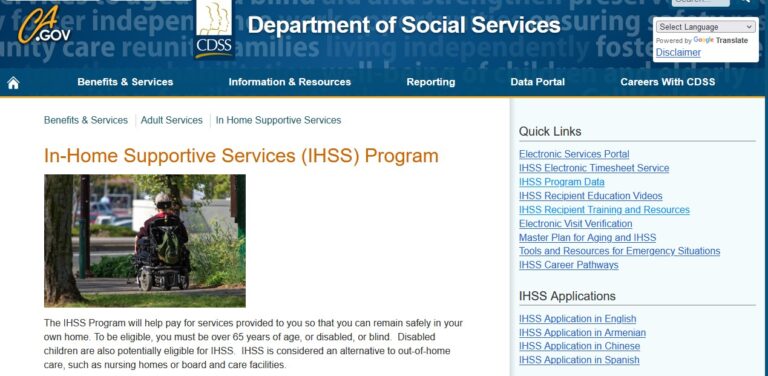It’s almost the new year! That means that there are new California state laws set to go into effect in January 2022. Knowing the laws prepares you to meet any changes with minimum stress. To assist, we here at EvolveLyfe are doing a quick rundown of the laws going into effect that are most likely to impact you and your community on the daily.
CONTENT WARNING: the subjects of sexual assault and police misconduct are mentioned as a necessity of detailing legislative content. If these topics are of a triggering nature to you, we recommend skipping the section Policing for your mental health.
Warehousing
AB701– Author: Assemblymember Lorena Gonzalez
In the IE, warehouses are a fact of life. They significantly impact the people of San Bernardino and Riverside counties. This law requires warehousing companies to clearly give their production quotas to workers, in writing if requested. Algorithms used for production quotas that violate employer compliance with existing health and safety laws are illegal. Consequently, production quota algorithms can’t interfere with basic worker rights like bathroom and rest breaks. The law protects workers from retaliation and being fired if they can’t or don’t meet an unsafe quota. Finally, this law means that current and former workers can seek legal relief against the company and get reimbursed for costs and attorney’s fees if successful.
Policing
AB89– Author: Assemblymember Reginald Byron Jones-Sawyer, Sr.
SB2– Authors: Senate President pro Tempore Toni G. Atkins and Senator Steven Bradford
SB16– Author: Senator Nancy Skinner
Assembly Bill 89 makes a universal California curriculum for the education of our state’s policing forces (including the California Highway Patrol) required. It raises the minimum age to be a peace officer from age 18 to age 21. As well, by 2025 all incoming officers must have at least an associate’s degree. Those who receive financial aid for a policing program education be given priority if they are from an historically underserved portion of the community, or from a segment of the community that is historically disadvantaged in accessing education.
Senate Bills 2 and 16 create new ways to investigate and decertify peace officers for misconduct. Furthermore they expand public access to officer misconduct records. The Commission on Peace Officer Standards and Training (POST) will be better able to investigate gross misconduct like sexual assault or excessive force using these new policies. As a result, if members of the public need to pursue legal action due to peace officer misconduct they will be able to get records more easily. Further, it will be harder for officers with histories of misconduct to avoid consequences with transfers. These California state laws are only some of several new bills aiming to make communities safer by updating policing policies.
Housing
SB8– Author: Senator Nancy Skinner
SB9– Author: Senate President pro Tempore Toni G. Atkins
SB10– Author: Senator Scott D. Wiener
These Senate Bills are aimed at helping solve California’s housing shortage. Senate Bill 8 extends speeding up approvals for new housing projects through 2030. As well, it limits local governments’ ability to downzone areas to single-family residential. Senate Bills 9 and 10 will assist local governments, developers, and homeowners in building more multi-family and duplex units in areas that previously zoned for single-family homes. This legislative combination should help California start closing the housing gap, consequently lowering housing prices.
PFAS Chemicals
AB652– Author: Assemblymember Laura Friedman
AB1200– Author: Assemblymember Philip Ting
Together these Assembly Bills work to limit exposure of Californians, particularly in childhood, to perfluoroalkyl and polyfluoroalkyl substances (the family of toxic chemicals PFAS). Beginning in January 2022, these laws limit how newly-manufactured children’s articles, particularly those used in feeding such as baby bottles, and food packaging can contain these chemicals. Please note that things made before the law was signed don’t have to follow the new guidelines, even if they are sold new or used after January 2022.
Food & Beverages
SB38– Author: Senator Bob Wieckowski
SB389– Author: Senator Bill Dodd
Senate Bill 38 would require that a plan be put in place to increase beverage container recycling. However, while this act becomes law in January 2022, it won’t actually get moving until 2024. The goal is to have 10,000 more California collection points by 2026.
Finally, we end our round-up of California state laws with good news! Senate Bill 389 extends permissions for alcohol to-go! You can get adult drinks to-go at least until the provision either runs out in 2027 or is reauthorized by legislative action. There are some rules, however. Firstly, only two drinks per individual meal allowed. Secondly, the alcohol must be sold alongside food. So, no booze-only orders! Finally, the containers are required to be sealed, labeled, and picked up by the customer with photo ID proving age. Remember, don’t drink and drive! We want all our Evolvers to live their best Lyfe. That means making sure you’re safe behind the wheel by saving those drinks for home!






